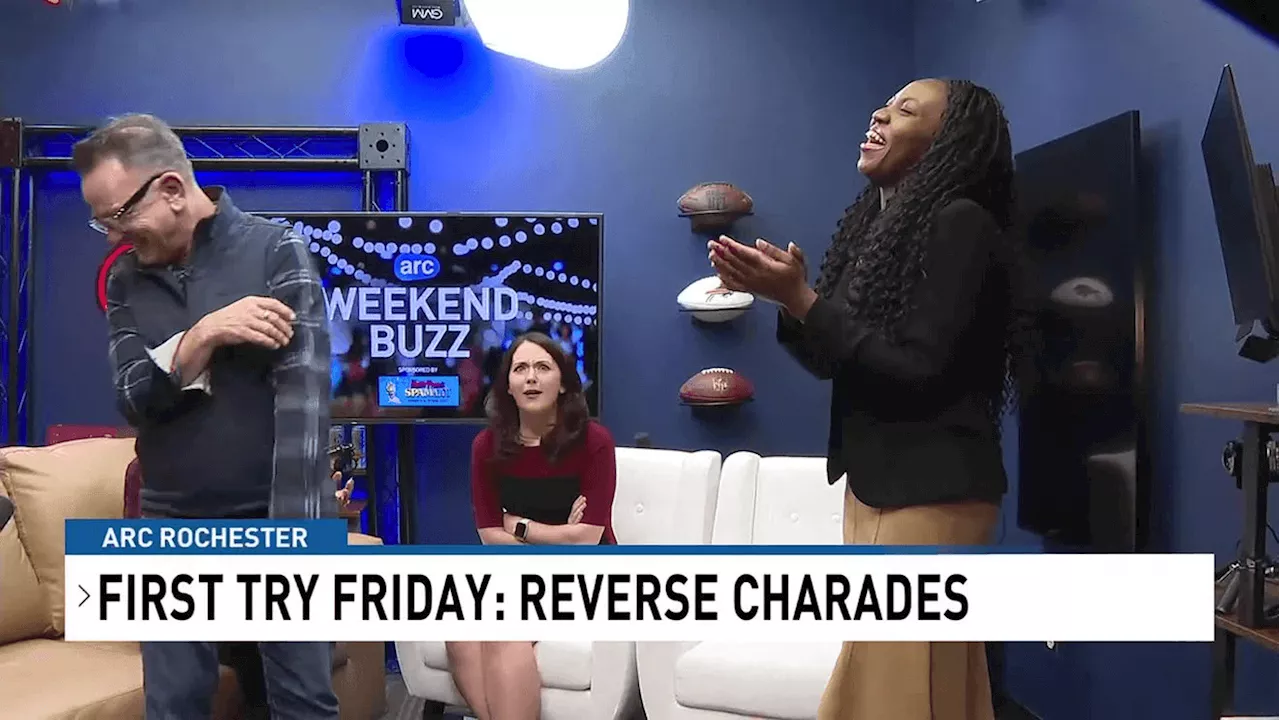
When Anela Pasalic moved from her rural hometown in Småland, Sweden, to study in Stockholm, she found herself feeling isolated and depressed. In her search for solace, she encountered Kathrin Zenkina, a self-proclaimed spiritual guru based in Los Angeles. Zenkina’s online presence, boasting nearly 450,000 followers on Instagram, offered a compelling narrative of transformation through manifestation—the belief that one can bring desires into existence through focused intention and positive thinking.
Pasalic, who first discovered Zenkina in 2018 at the age of 23, became captivated by this philosophy. She took out a payment plan to cover a $1,300 course from Zenkina’s business, the Manifestation Babe Academy. Over time, she estimates her spending on these courses reached more than $6,000. To finance her interest in manifestation, she borrowed from family and deferred payments on essential bills, including student loans, under the belief that adopting a wealthy mindset would attract financial abundance.
Zenkina, who did not respond to requests for comment, promotes various techniques, including journaling and what she calls “subliminal hypnosis.” This latter technique encourages clients to record affirmations about their desires, play them at low volume, and listen repeatedly, aiming to program their subconscious minds for success. Despite her enthusiasm, Pasalic’s life did not improve as she had hoped. Instead, she began to feel increasingly helpless and out of control, particularly as Zenkina’s teachings leaned heavily towards inner work rather than actionable change.
The rise of manifestation practices coincides with a larger wellness trend amplified by social media. By summer 2020, interest in manifestation surged, leading to a proliferation of related books and podcasts. The term “manifest” even became the Cambridge Dictionary’s word of the year in 2024. However, as the popularity of manifestation grew, so did the number of self-identified life coaches, many of whom operate without formal regulation.
According to Lynn F. Bufka, head of practice at the American Psychological Association, the life coaching field lacks a centralized regulatory body, leaving it open to various interpretations and practices. While some coaches may hold certifications, these vary significantly in legitimacy. “Coaching is not a regulated field; when you see a licensed professional, we have accountability to our licensing body,” Bufka explains.
Pasalic’s experience illustrates the potential pitfalls of unregulated coaching. During a live Q&A, Zenkina suggested that while antidepressants might help elevate one’s emotional state, they should eventually be discontinued. Following this advice, Pasalic considered stopping her medication, despite having relied on it for nearly ten months.
The turning point for Pasalic came while enrolled in a $2,400 course titled “Sovereign Money,” which promised to help participants “hack the money game.” After realizing the program did not deliver the promised results, she sought a refund but was turned down. “I was just so delusional,” she reflects. “I was stuck in my life for seven years because I believed what she was teaching.”
Feeling frustrated, Pasalic turned to online forums like the Life Coach Snark subreddit, where many share similar experiences of feeling exploited by life coaches. The support from fellow members provided a sense of validation. “It felt comforting knowing other people were validating my feelings and what I went through,” she says.
Dane Schwaebe’s journey into the world of life coaching reflects another aspect of this phenomenon. Struggling with depression, he was drawn in by Nick Unsworth, the founder of Life on Fire, a coaching program that claims to help individuals unlock their potential. Schwaebe was impressed by Unsworth’s polished social media presence and his lifestyle, which included luxurious possessions.
In 2018, Schwaebe attended a free introductory event where he experienced various new-age spirituality techniques, including group meditation and manifestation exercises. Following this event, he invested $6,000 into Unsworth’s programs, which included unconventional practices such as participants shouting their desired identities while being evaluated on their emotional responses.
Despite his initial enthusiasm, Schwaebe became uncomfortable when Unsworth suggested attendees solicit financial help from friends and family to afford additional courses. This emphasis on financial investment raised concerns about the industry’s ethical boundaries. Schwaebe later recognized the detrimental effects of his experiences, leading him to seek professional help for his mental health.
Today, he advises caution for anyone considering life coaching, particularly those focused on manifestation. “Don’t drink the Kool-Aid,” he warns, emphasizing the importance of remaining critical of such programs.
For individuals seeking support, Bufka recommends a proactive approach. She encourages asking practitioners about their qualifications, effectiveness, and methods for tracking progress. Additionally, having a friend to provide perspective can be beneficial. Most importantly, those needing mental health assistance should consult qualified professionals with appropriate training and experience.
Reflecting on her journey, Pasalic acknowledges the ongoing impact of her experiences with Zenkina’s teachings but feels a newfound sense of independence. “I’m so, so much better and feeling much happier,” she says. “I feel so much more like myself than I did before.”







